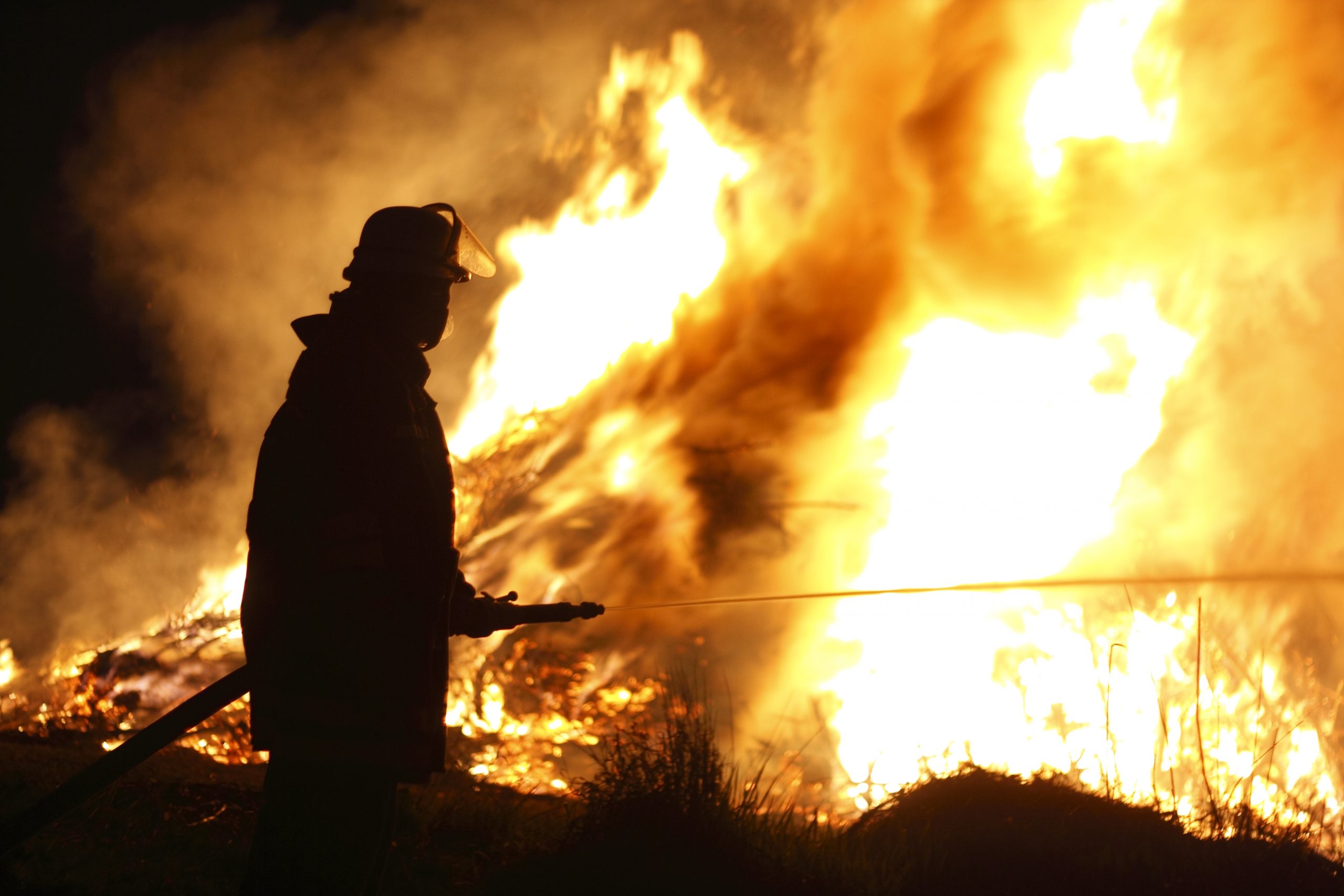Last week, the IPCC released their latest climate report – and the findings were serious. The Secretary General of the UN called it “code red for humanity.” The report is the most comprehensive to-date from the international panel of scientists who work on climate change – and shows just how crucial the next couple years are for climate action.
Some of the key implications from the report include:
- If we continue on our current course, the world will face 3 degrees of warming. At that level, temperatures are not livable and food production collapses.
- Some of the impacts that are already underway are irreversible.
- The window to act on climate change and change this devastating outcome is closing. But it is still there.
- Every degree of warming we are able to reduce helps. Every fraction of a degree saves lives.
In Canada we are facing warming at twice the global rate; In the Arctic, it’s three times faster. Watching the news this summer, we can see the impacts unfolding in the headline: fires, flooding, impacts on farming,
These have been hard weeks. Some of our staff is reflecting on what it means to move forward in these times.
Julia Levin, Senior Climate and Energy Program Manager
View this post on Instagram
Alienor Rougeot, Climate and Energy Program Manager
August 9th, 2021. My phone lights up. “Ugh guess you were right…” reads the text. It’s a friend from University. Attached is a screenshot of a headline about the IPCC Report, with a picture of a forest burning near houses. I know why she thought of me when reading this: throughout our four years on campus, I would always find a way to talk about the climate crisis, and how much our lives might be turned upside down within a few years if we didn’t act soon. Yes, I was THAT person at parties. Still, reading “you were right” doesn’t procure any form of satisfaction. Instead, I feel tired, angry and afraid.
Tired because I think about these catastrophic events every day, and have been for several years, and I struggle to stay kind when I see the world act surprised when what we said would happen… happens. Tired also because even when myself and thousands of others make fighting climate change their full time job, most decision makers will fail to see these headlines as mandates to radically change.
I also feel angry. This suffering that has happened recently – and the much larger loss to come – are avoidable, which makes them all the more criminal. I am angry at the generations of decision makers who chose to ignore the crisis, and angry at the company executives who knew the facts and deliberately pitched them to the world as fiction. I am even more angry at those who pretend to be concerned and outraged today, yet continue to fuel and fund the crisis.
Finally, in the back of my mind, fear is also growing. The chaos unravelling across the world, with record temperatures and ever more powerful wildfires, is only a teaser for what is to come. As the Intergovernmental Panel on Climate Change describes in its Sixth Assessment Report, things could get a lot worse. I am afraid because I know we are neither ready, not even actively getting ready.
I have not experienced the climate crisis directly, and yet it is already taking a toll on me. All of us choose to deal with these emotions in our unique ways, but what keeps me going, focused and determined is to transform my anger into organized outrage. Anger might not be a pretty emotion but it is a powerful one. And combined with an indestructible love for life and all living beings, it allows me to wake up every morning feeling energized and ready to act. How to do that in practice is easier than it sounds: identify the skills you have and the roles you occupy, and start being intentional about applying those skills and using those roles to address the climate crisis. The only feeling worse than exhaustion, anger and fear to me is powerlessness, and I refuse to yield the power that I know I have in the face of this emergency.
Miranda Baksh, Digital Engagement Senior Coordinator
Discouraged, afraid yet determined. These are some emotions that I know many climate activists like myself are feeling about our future. Despite COVID-19 lockdowns coming to an end, and the summer weather that we wait for year-round is here, it has been difficult to completely enjoy it without thinking about the state of the world right now.
It seems as though the big moments that environmentalists dread, but feel that must be daunting enough to push our leaders to stop business-as-usual only worsen. “Maybe only when Texas freezes over, or the ocean is on fire, or heat waves cook marine life, or wildfires and floods around the world occur will they listen”- and still, nothing.We continue to rely on an outdated fossil fuel energy source, and prolong the opportunity to become world leaders in renewable energy sources.
Volunteering at the Community Climate Council, a youth-founded organization based in my hometown definitely keeps me motivated in this space as well as having conversations with family and friends who have become increasingly concerned about our environment. Hearing more people recognize the issue at hand is motivating in a way that it is becoming more difficult for the general public to ignore. The collective concern gives me hope that the pressure placed on our government will increase. I would encourage supporters to continue sharing stories with your loved ones, listen to what they are passionate about and share how a green recovery could protect those things. Amplify voices of local activists and climate scientists. Frame climate the human health issue that it is, and speak of the climate crisis in present tense. Speaking of climate change as something that is “yet to come” is one of the most dangerous rhetorics that we can live by, especially as we see our neighbours in developing countries who have fought challenges of climate change for years.
(Ed note: Check out the book and guide for youth on climate action produced by the council.)








